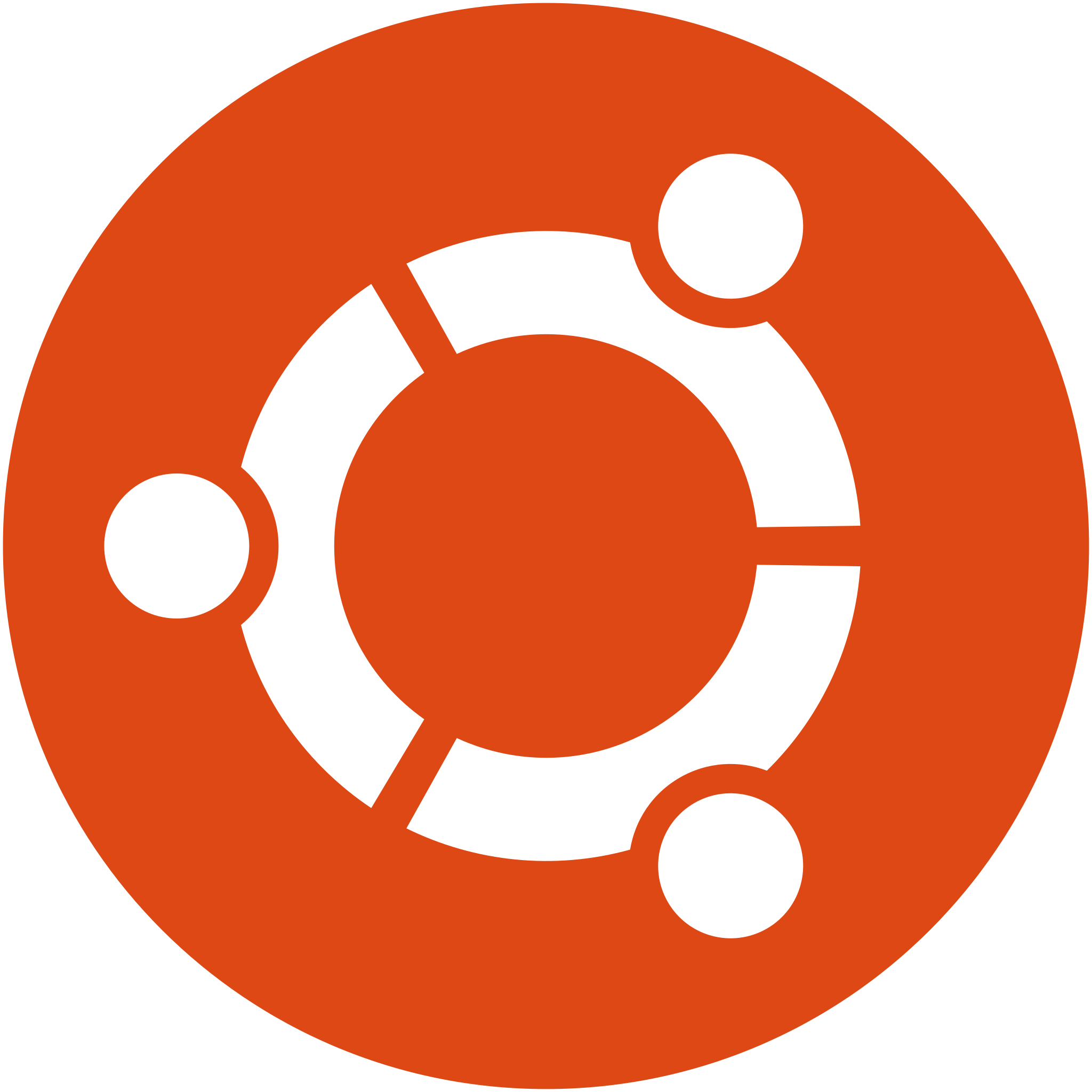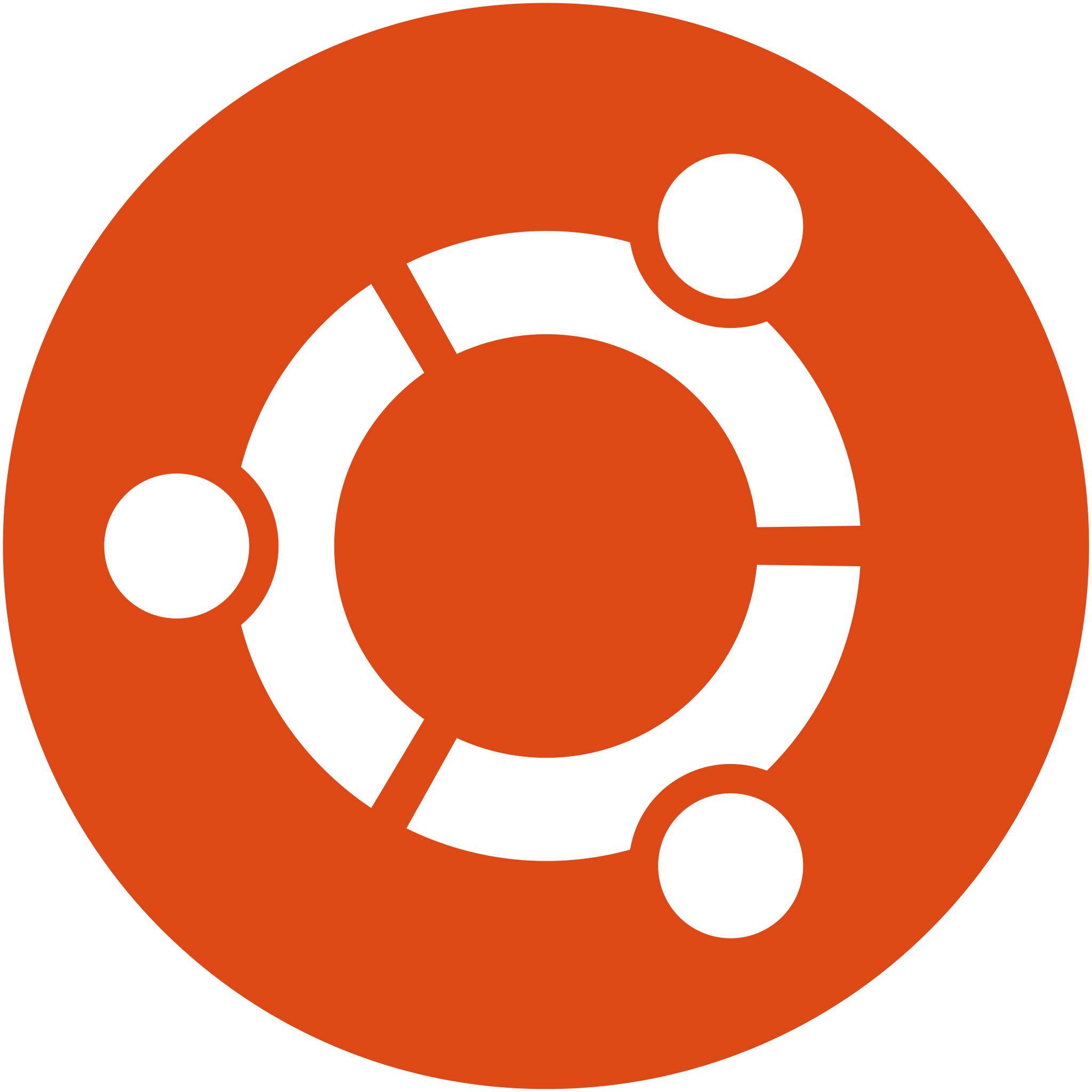8 revisions
#83 months ago
+2-1
Migrated from pages table
-
+
+
+1-1
-
+
+1-1
-
+
—
+1
+
+2-1
-Ubuntu is a popular, free [Operating System](/wiki/Operating_System) built upon the [Linux](/wiki/Linux) [Kernel](/wiki/Kernel). Developed by [Canonical](/wiki/Canonical), it is known for its user-friendly experience, primarily featuring the [GNOME](/wiki/GNOME) [Desktop Environment](/wiki/Desktop_Environment) in its main edition. Ubuntu aims to make open-source computing accessible to millions worldwide, providing regular updates and long-term support releases. It utilizes the [APT](/wiki/APT) [Package Manager](/wiki/Package_Manager) for software installation and management. Beyond the desktop, Ubuntu is widely used in [Server](/wiki/Server) environments, for [Cloud Computing](/wiki/Cloud_Computing), and on [IoT](/wiki/IoT) devices due to its stability and robust community support.
+
+Ubuntu is a popular, free [Operating System](/wiki/Operating_System) built upon the [Linux](/wiki/Linux) [Kernel](/wiki/Kernel). Developed by [Canonical](/wiki/Canonical), it is known for its user-friendly experience, primarily featuring the [GNOME](/wiki/GNOME) [Desktop Environment](/wiki/Desktop_Environment) in its main edition. Ubuntu aims to make open-source computing accessible to millions worldwide, providing regular updates and [Long Term Support](/wiki/Long_Term_Support) (LTS) releases every two years, ensuring stability for enterprises and users. While the main edition uses [GNOME](/wiki/GNOME), official derivatives, often called 'flavors', offer alternative [Desktop Environment](/wiki/Desktop_Environment)s like [KDE](/wiki/KDE) Plasma (Kubuntu), [Xfce](/wiki/Xfce) (Xubuntu), and [LXQt](/wiki/LXQt) (Lubuntu). It utilizes the [APT](/wiki/APT) [Package Manager](/wiki/Package_Manager) for software installation and management. Beyond the desktop, Ubuntu is widely used in [Server](/wiki/Server) environments, for [Cloud Computing](/wiki/Cloud_Computing), and on [IoT](/wiki/IoT) devices due to its stability and robust community support.
+4-3
-Ubuntu is a popular, free [Operating System](/wiki/Operating_System) built upon the [Linux](/wiki/Linux) kernel. It offers a user-friendly experience, making open-source computing accessible to millions worldwide.
-- [Free Software](/wiki/Free_Software)
-- [Kernel](/wiki/Kernel)
+Ubuntu is a popular, free [Operating System](/wiki/Operating_System) built upon the [Linux](/wiki/Linux) [Kernel](/wiki/Kernel). Developed by [Canonical](/wiki/Canonical), it is known for its user-friendly experience, primarily featuring the [GNOME](/wiki/GNOME) [Desktop Environment](/wiki/Desktop_Environment) in its main edition. Ubuntu aims to make open-source computing accessible to millions worldwide, providing regular updates and long-term support releases. It utilizes the [APT](/wiki/APT) [Package Manager](/wiki/Package_Manager) for software installation and management. Beyond the desktop, Ubuntu is widely used in [Server](/wiki/Server) environments, for [Cloud Computing](/wiki/Cloud_Computing), and on [IoT](/wiki/IoT) devices due to its stability and robust community support.
+- [Linux](/wiki/Linux)
+- [Desktop Environment](/wiki/Desktop_Environment)
+- [Open Source](/wiki/Open_Source)
... 2 more lines
+5
+Ubuntu is a popular, free [Operating System](/wiki/Operating_System) built upon the [Linux](/wiki/Linux) kernel. It offers a user-friendly experience, making open-source computing accessible to millions worldwide.
+## See also
+- [Free Software](/wiki/Free_Software)
+- [Debian](/wiki/Debian)
+- [Kernel](/wiki/Kernel)